Faculty
N’Dri Thérèse Assié-Lumumba
Professor, African and African Diaspora
Additional Information
Program
Role
- Faculty
- IAD Core Faculty
- IAD Advisory Council
Contact
Email: n.assie-lumumba@cornell.edu
Phone: 607-255-7839
Esra Akcan
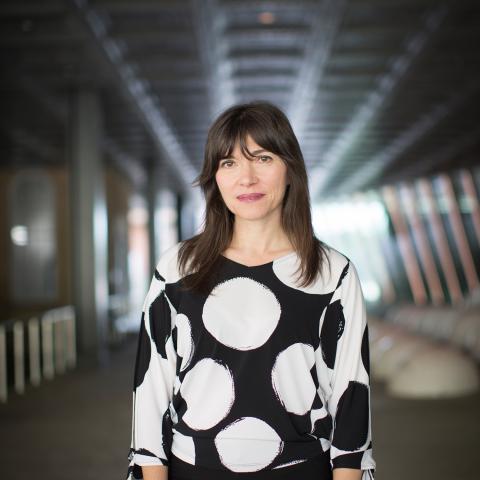
Professor, Architectural Theory
Esra Akcan is the Michael A. McCarthy Professor of Architectural Theory in the Department of Architecture. Her scholarly work on a geopolitically conscious global history of urbanism and architecture inspires her teaching. She is the author of Architecture in Translation: Germany, Turkey and the Modern House (Duke University Press, 2012); Turkey: Modern Architectures in History (with S.
Additional Information
Kenneth Roberts

Richard J. Schwartz Professor, Government
Kenneth Roberts teaches comparative and Latin American politics, with an emphasis on the political economy of development and the politics of inequality. His research focuses on political parties, populism, labor and social movements, and democratic resilience. He is especially interested in the cases of Chile, Peru, Venezuela, and Argentina.
He led the Einaudi Center's democratic threats and resilience global research priority in academic years 2022–25.
Additional Information
Abby Cohn

Professor, Linguistics
Abby Cohn is a professor of linguistics and Southeast Asian studies. Her research interests include the Austronesian languages of Indonesia, with a particular focus on their phonetics, phonology, and morphology.
Additional Information
Rebecca Slayton
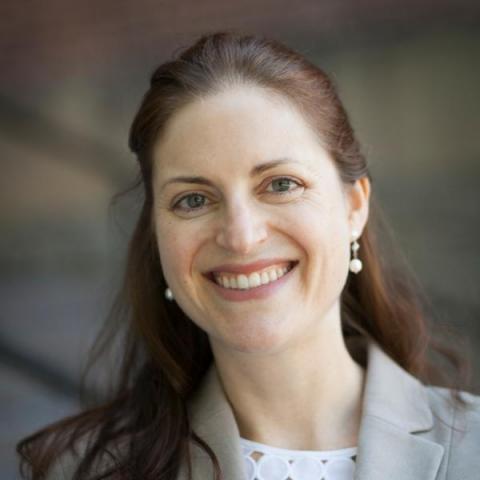
Director, Reppy Institute for Peace and Conflict Studies
Additional Information
Program
Role
- Faculty
- PACS Core Faculty
- PACS Director
- PACS Steering Committee
- PACS Minor Field Instructor
- Einaudi Faculty Leadership
Contact
Email: rs849@cornell.edu
Phone: 607-255-8914
Andrea Bachner
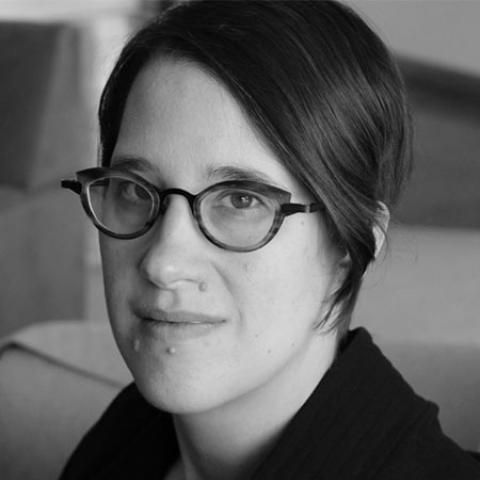
Professor, Comparative Literature
Andrea Bachner is a professor of comparative literature. She was the director of the East Asia Program for the term 2019-22 and a member of the East Asia Program steering committee and the CEAS editorial board.
She holds an MA from Munich University, Germany, and a PhD from Harvard University. Her research explores comparative intersections between Sinophone, Latin American, and European cultural productions in dialogue with theories of interculturality, sexuality, and mediality.
Additional Information
Program
Role
- Faculty
- EAP Core Faculty
- SEAP Faculty Associate
Contact
Email: asb76@cornell.edu
Phone: 607-255-6795
Eric Tagliacozzo

Director, Southeast Asia Program
Eric Tagliacozzo is the John Stambaugh Professor of History at Cornell University. He is the director of the Einaudi Center's Southeast Asia Program, and a core faculty member of the Southeast Asia Program and South Asia Program.
His research centers on the history of people, ideas, and material in motion in and around Southeast Asia, especially in the late colonial age.
Geographic Research Area: Southeast Asia, South Asia
Teaching/Research Interests: Migration and trade, material history, Silk Road, Indian Ocean
Additional Information
Program
Role
- Faculty
- SAP Core Faculty
- SEAP Core Faculty
- SEAP Director
- Einaudi Faculty Leadership
- Executive Committee
Contact
Email: et54@cornell.edu
Iftikhar Dadi
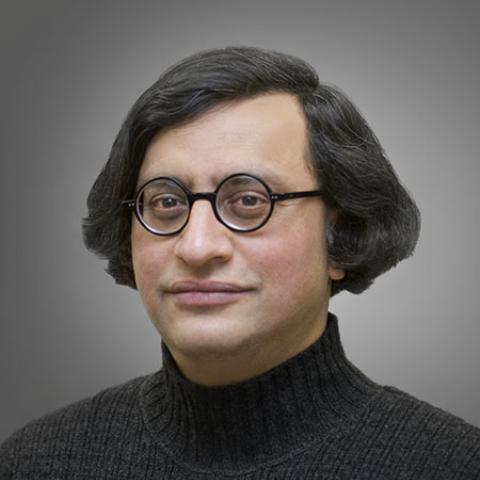
John H. Burris Professor in the Department of the History of Art and Visual Studies
Geographic Research Area: Pakistan, India, Bangladesh, Sri Lanka, and Middle East
Teaching/Research Interests: Modern and contemporary art, methodology and intellectual history, and film, media, and popular cultures
Additional Information
Program
Role
- Faculty
- SAP Core Faculty
- SAP Steering Committee
- SAP Advisory Council
- Executive Committee
Contact
Email: mid1@cornell.edu
Early Career Development Grants
Details
The Einaudi Center's newest grants support career advancement for tenure-track Cornell faculty with demonstrated commitment to international studies.
The awards are intended to help early-career scholars—primarily at the assistant professor level—make essential progress on research activities required for tenure. All disciplines and research topics are welcome.
Amount
Up to $10,000 for activities supporting an upcoming tenure application.
Eligibility
Tenure-track Cornell faculty in all colleges and schools are eligible to apply. Early Career Development Grants are awarded to individual researchers, not research teams.
- Funding-eligible activities: Field research, data collection, travel, editorial/research assistance, book development workshops, meetings, publication-related expenses, purchase of essential books/software/subscriptions
- Not eligible for funding: Salary offset, summer salary, computers and equipment, student stipends/tuition
Requirements
- All funds must be used within one year of the award date.
- You must participate in activities of the Einaudi Center and our international studies programs during the award year, including sharing your expertise in at least one talk, seminar, or panel.
- You must submit a final report to the Einaudi Center director within one year of the award date. The report must include:
- A summary of the activities you accomplished and assessment of how they support your tenure application.
- An overview of your Einaudi Center engagement.
- A promotional paragraph written for nonspecialists (100 words maximum) describing the progress you made on tenure-eligible research—for example, a book or peer-reviewed articles.
- Please inform the Einaudi Center when you receive your tenure decision and in advance of publications and other project outcomes. The Einaudi Center must be acknowledged in all publications, promotion, and media coverage related to your funded research and activities.
How to Apply
Complete the early career funding application and submit a proposal including the following:
- Curricula vitae (CV)
- Statement including research objectives, activities, work plan, expected outputs, and impact
- Explanation of how the proposed activities support your tenure application
- Human subjects approval, if relevant
- Detailed budget with justification of expenses
Evaluation
All successful proposals will meet these criteria. The proposal:
- Supports research informed by international studies perspectives that promises to advance knowledge of key economic, environmental, social, cultural, or political problems in the world.
- Indicates a commitment to engage with the Einaudi Center during the award year.
- Includes clearly articulated deliverables.
- Includes a budget appropriate for planned activities.
Questions?
Please email our academic programming staff if you have questions about your eligibility or application.
Additional Information
Funding Type
- Award
Role
- Faculty
Shuyuan He
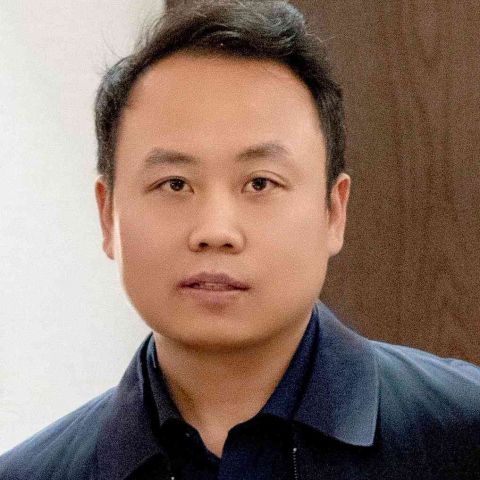
Visiting Scholar
Shuyuan He is currently an Associate Professor in the Department of History at Beijing University of Chemical Technology. He obtained his Bachelor of Arts degree in History from Zhengzhou University and his Doctor of Philosophy degree in History from Sun Yat-sen University. He once conducted postdoctoral research at the Institute of Modern History, Chinese Academy of Social Sciences, and his main research focus is the history of modern Chinese education.
